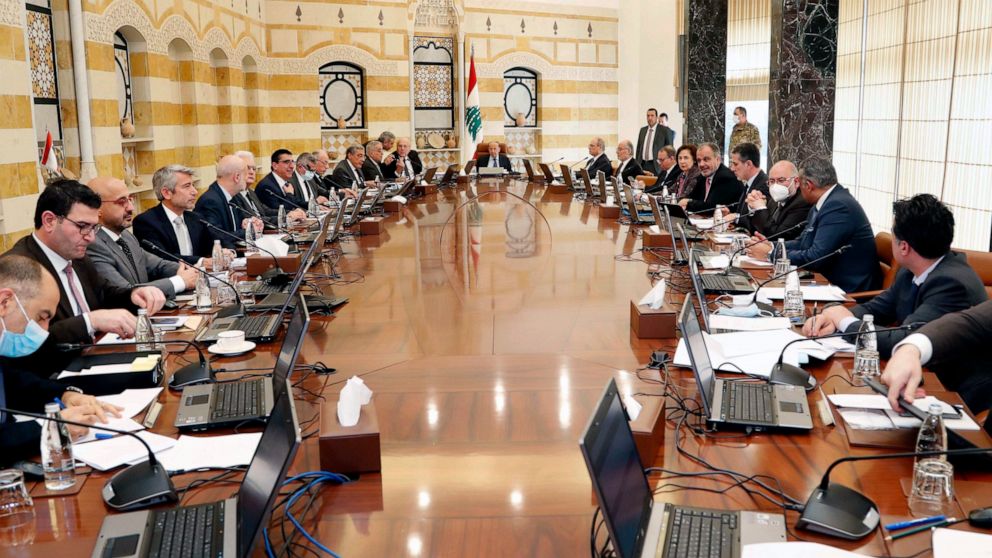
Beirut – Caroline Akoum — aawsat.com — Less than a week before the binding parliamentary consultations to nominate a prime minister, caretaker Premier Najib Mikati remains the most favorable candidate, while the opposition parliamentary blocs are trying to agree on another figure. President Michel Aoun has announced that the consultations would be held on Thursday at the Baabda Palace, amid criticism that the delay in setting the date was due to attempts to tailor the government before the appointment of a new premier. However, sources close to the Lebanese presidency denied the claims, telling Asharq Al-Awsat: “The reason for giving an extra week to set the date for consultations is the lack of clarity in the positions of the parliamentary blocs… Therefore, the time interval between [Aoun’s] invitation and the date of consultations is to allow the blocs to consult and study the matter…”
Meanwhile, sources in the Lebanese Forces noted that contacts were underway between all parliamentary opposition blocs to adopt a single candidate for the premiership. In this regard, sources familiar with the position of the Progressive Socialist Party told Asharq Al-Awsat that if the opposition succeeded in agreeing on the name of one candidate, the deputies of the Democratic Gathering Bloc would support them. “But if they fail to do so, the bloc may nominate Mikati,” they said.
On the other hand, ministerial sources close to the Presidency said that Mikati was still the most favorable candidate. He enjoys the support of Parliament Speaker Nabih Berri, the Hezbollah party, Marada Movement leader Sleiman Franjieh and deputies who were members of Al-Mustaqbal Movement. Although the head of the Free Patriotic Movement (FPM) and Aoun’s son-in-law, MP Gibran Bassil, had launched an attack on Mikati, declaring that his bloc would not name him in the consultations, the sources did not deny that “re-assigning Mikati relieves Aoun in the last months of his tenure, especially in terms of completing some of the main tasks, including the negotiations with the International Monetary Fund (IMF).”



